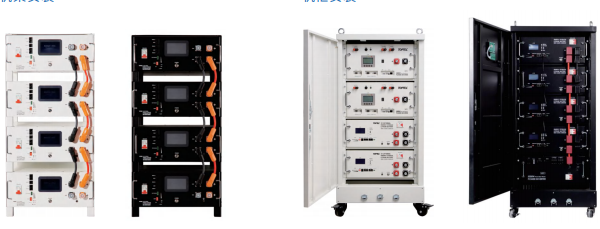Why Validity Periods Matter
In energy storage system (ESS) exports, quotations are not only about price—they are time-sensitive commitments. Raw material prices, exchange rates, and freight costs fluctuate constantly. Without a clearly stated validity period, exporters risk disputes, margin losses, and damaged trust. The question is: should you always include a validity period in offers?
1. Benefits of Stating a Validity Period
- Protects Profit Margins: Shields exporters from sudden cost increases.
- Encourages Buyer Decisions: Creates urgency and accelerates negotiations.
- Reduces Price Disputes: Avoids misunderstandings when markets shift.
- Professional Signal: Shows buyers that the exporter manages pricing responsibly.
Exporter Tip: Most exporters use 15–30 days as a standard validity period.
2. Risks of Omitting a Validity Period
- Open-Ended Obligations: Buyers may return months later expecting the same price.
- Weakened Negotiation Position: Harder to justify price changes without a timeline.
- Exposure to Market Volatility: Lithium, cobalt, and freight prices can change rapidly.
3. Buyer Reactions to Validity Clauses
- Professional Buyers: Usually accept validity periods as industry standard.
- Government Tenders: Often require fixed prices for longer periods (e.g., 90–180 days).
- Small Buyers: May see short validity as pressure; balance firmness with flexibility.
Exporter Tip: If buyers request longer validity, adjust by adding a risk buffer into the price.
4. Strategic Approaches
- Tiered Validity: Example—“Price valid for 30 days; subject to adjustment afterward.”
- Conditional Validity: Keep price fixed unless raw material cost exceeds a threshold.
- Linked to Indices: Tie validity to commodity indices (e.g., LME lithium prices).
- Rolling Validity: Extend validity case-by-case with formal confirmation.
5. Regional Considerations
- Europe: Buyers expect clarity; validity periods are standard practice.
- US: Shorter validity (2–4 weeks) is common due to fast decision cycles.
- Middle East & Africa: Government projects may demand 90-day validity clauses.
- Asia-Pacific: Competitive markets often require flexible validity handling.
6. Balancing Flexibility and Control
- Always include a validity period, but leave room for negotiation.
- Use wording like “subject to confirmation at time of order” for volatile markets.
- Be transparent with buyers about why validity is necessary—it builds trust.
Validity as a Strategic Tool
Including a validity period in offers is not just about protecting against risk—it’s about professionalism, transparency, and strategic negotiation. Exporters who set clear timelines show buyers they understand global trade dynamics while safeguarding profitability. The best approach is a balance: firm enough to manage risk, but flexible enough to adapt to buyer needs.








